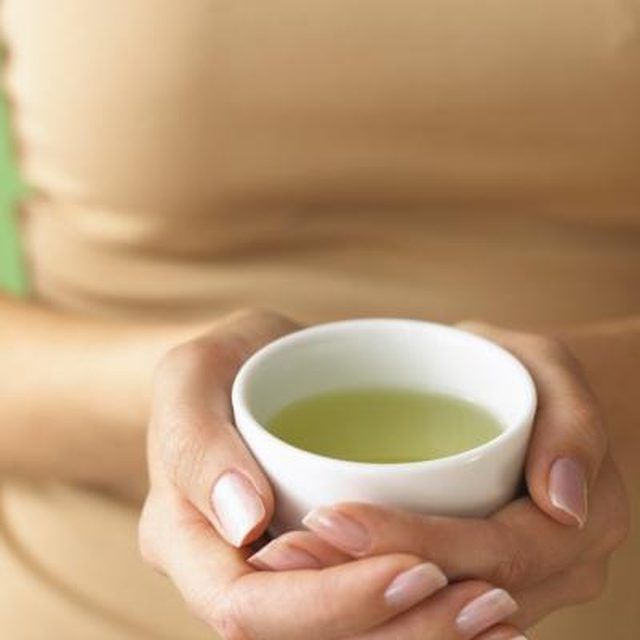Bulbs
Flower Basics
Flower Beds & Specialty Gardens
Flower Garden
Garden Furniture
Garden Gnomes
Garden Seeds
Garden Sheds
Garden Statues
Garden Tools & Supplies
Gardening Basics
Green & Organic
Groundcovers & Vines
Growing Annuals
Growing Basil
Growing Beans
Growing Berries
Growing Blueberries
Growing Cactus
Growing Corn
Growing Cotton
Growing Edibles
Growing Flowers
Growing Garlic
Growing Grapes
Growing Grass
Growing Herbs
Growing Jasmine
Growing Mint
Growing Mushrooms
Orchids
Growing Peanuts
Growing Perennials
Growing Plants
Growing Rosemary
Growing Roses
Growing Strawberries
Growing Sunflowers
Growing Thyme
Growing Tomatoes
Growing Tulips
Growing Vegetables
Herb Basics
Herb Garden
Indoor Growing
Landscaping Basics
Landscaping Patios
Landscaping Plants
Landscaping Shrubs
Landscaping Trees
Landscaping Walks & Pathways
Lawn Basics
Lawn Maintenance
Lawn Mowers
Lawn Ornaments
Lawn Planting
Lawn Tools
Outdoor Growing
Overall Landscape Planning
Pests, Weeds & Problems
Plant Basics
Rock Garden
Rose Garden
Shrubs
Soil
Specialty Gardens
Trees
Vegetable Garden
Yard Maintenance
Is Green Tea Good for Plants?
Is Green Tea Good for Plants?. Green tea has long been touted as a healthy beverage for humans, with benefits ranging from tooth decay prevention to cancer risk reduction. But green tea's health benefits aren't limited to humans: green tea can be good for plants in your garden, too.

Green tea has long been touted as a healthy beverage for humans, with benefits ranging from tooth decay prevention to cancer risk reduction. But green tea's health benefits aren't limited to humans: green tea can be good for plants in your garden, too.
Soil Enrichment
When added to soil, green tea contributes to the overall health of a plant. Raw green tea leaves are food for soil-enriching worms. Their high nitrogen content also makes soil nitrogen-rich and thus more conducive to supporting healthy plants.
Use for Composting
Green tea leaves, either in their bag or loose, can go directly into a compost pile. The tea adds nutrients during the composting process while the bag is biodegradable.
Use for Feeding
Casual gardeners who don't keep a compost pile can soak leftover tea bags in a watering can for several days, creating a nutritious "tea" with which they can water their plants. If using the latter method, it is advisable to throw out the tea bag and tea leaves after soaking, since the same leaves that feed worms are also food for parasites. For outdoor gardens, sprinkling the leaves over soil can act as a fertilizer or manure on its own.